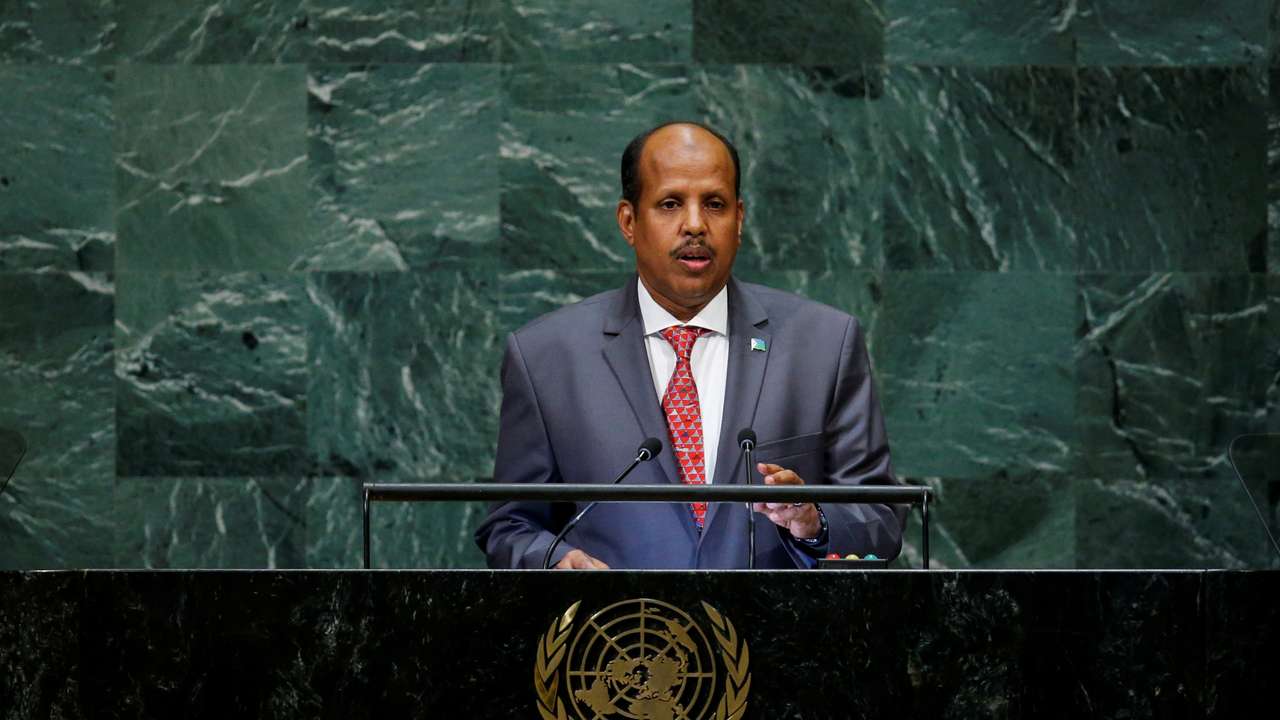Djibouti Roundup: Recovering illicit assets, rebirth of Somalia state, review of supreme law

Review of supreme law
Djibouti is preparing for significant constitutional changes as the National Assembly moves forward with a broad review of the country’s supreme law. Central to the reform is a proposal to extend the upper age limit for presidential candidates, a move officials describe as part of a wider strategy to modernise state structures and keep pace with global political and demographic shifts. Government leaders argue that the update reflects the nation’s evolving governance needs and reinforces Djibouti’s vision of adapting its institutions for long-term stability and competitiveness. Critics, however, are watching closely, noting that such reforms often carry long-term consequences for democratic participation and leadership renewal.
Recovering illicit assets
Djibouti has reaffirmed its tough stance against corruption and cross-border financial crime. The country participated in the ARIN-MENA General Assembly in Jeddah, showcasing its continued commitment to strengthening legal frameworks and improving regional coordination on asset recovery. Authorities highlighted recent efforts to track illicit financial flows and reclaim stolen public funds, stressing that this work forms a core part of Djibouti’s strategy to build a transparent financial ecosystem and enhance investor confidence. The government emphasised that accountability and international cooperation are essential to sustainable development and good governance in the nation.
Rebirth of Somalia state
National discourse also revisited Djibouti’s diplomatic legacy, particularly the historic role it played in Somalia’s state-building process through the Arta Conference of 2000. A reflective editorial praised the initiative as a shining example of Djibouti’s political foresight and peace-oriented diplomacy, describing it as a turning point that helped lay the foundation for Somalia’s transitional institutions after years of conflict. This reflection underscores Djibouti’s longstanding position as a mediator in regional crises and reinforces narratives positioning the country as an influential voice in advancing stability across the Horn of Africa.
Regional conflicts
Building on that legacy, President Ismail Omar Guelleh has proposed converting the Arta Peace Conference Memorial into a permanent peace-building institute dedicated to conflict resolution on the continent. The envisioned institution would serve as a regional hub for dialogue, research and preventative diplomacy, strengthening Africa’s capacity to manage disputes internally. According to the presidency, institutionalising peace work within Djibouti would not only honour the success of the Arta initiative but also align with the country’s aspirations to serve as a bridge for cooperation in a region frequently challenged by political tensions and security risks.
This story is written and edited by the Global South World team, you can contact us here.